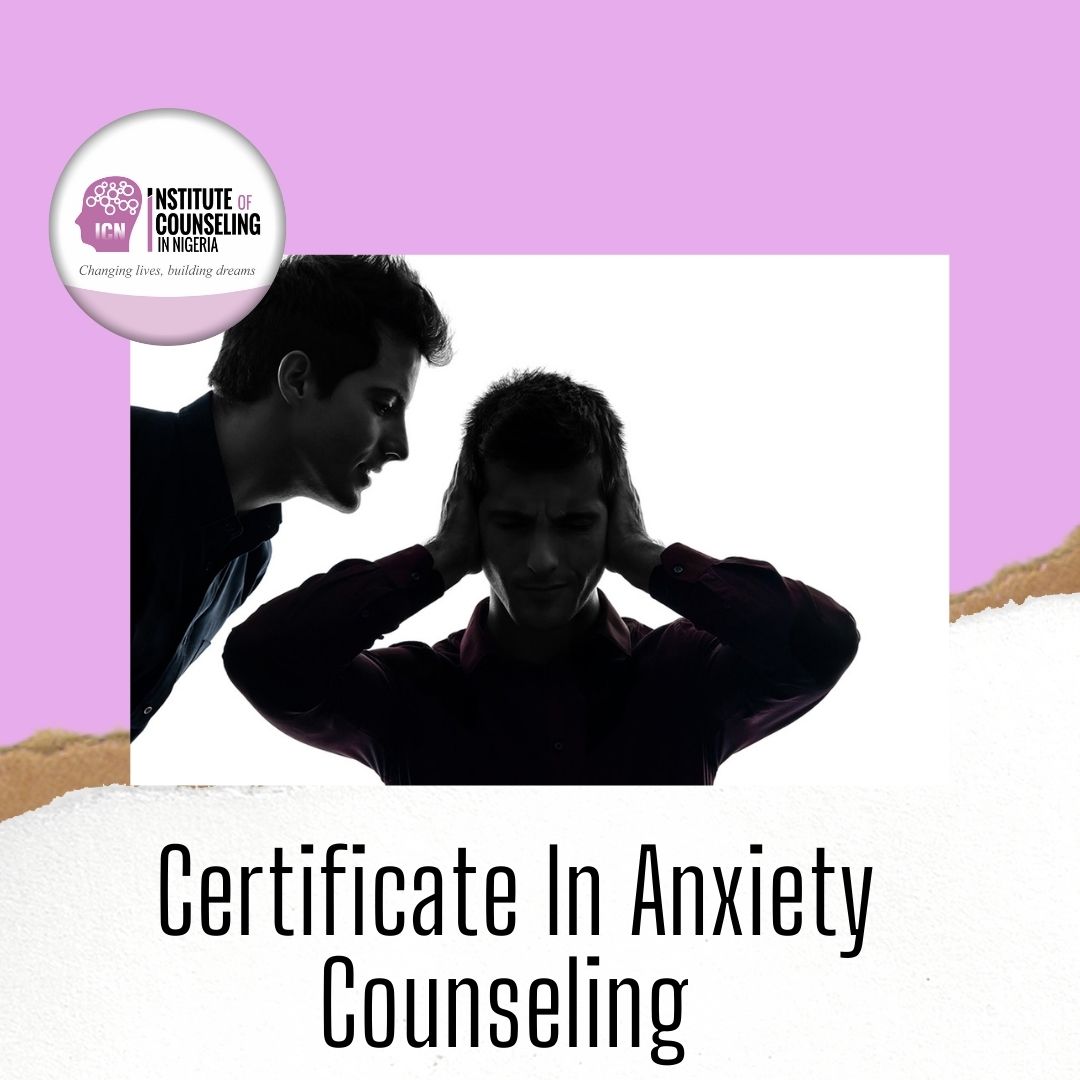
About Course
Anxiety is a mental and physical reaction to perceived threats. In small doses, anxiety is helpful.
It protects us from danger, and focuses our attention on problems. But when anxiety is too severe, or occurs too frequently, it can become debilitating.
Anxiety is a normal experience, which although unpleasant, is harmless. Some examples of anxiety symptoms are: feeling nervous or on edge, an increased heart rate, shortness of breath, a dry mouth, trembling, sweating, nausea, light-headedness and thinking that something bad is going to happen.
This is not an exhaustive list and there are many other common symptoms of anxiety. Although unpleasant, anxiety can actually be very helpful. In
fact it can warn and protect us when we are in danger. For example, most of us would feel anxious standing on the edge of a cliff without any barriers.
The feeling of anxiety motivates us to move away from the edge, or be very careful if remaining on the edge. Therefore, anxiety alerts us to possible danger and prepares our body to respond to the danger. This is known as the ‘Fight-or-Flight’ response.
Course Content
Certificate in Anxiety Counseling(CPD)
-
Anxiety Counseling 1
00:00 -
Anxiety Counselling 2
00:00
Student Ratings & Reviews



